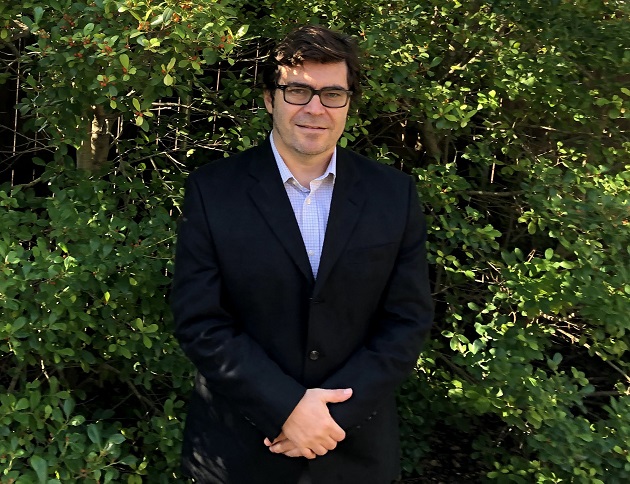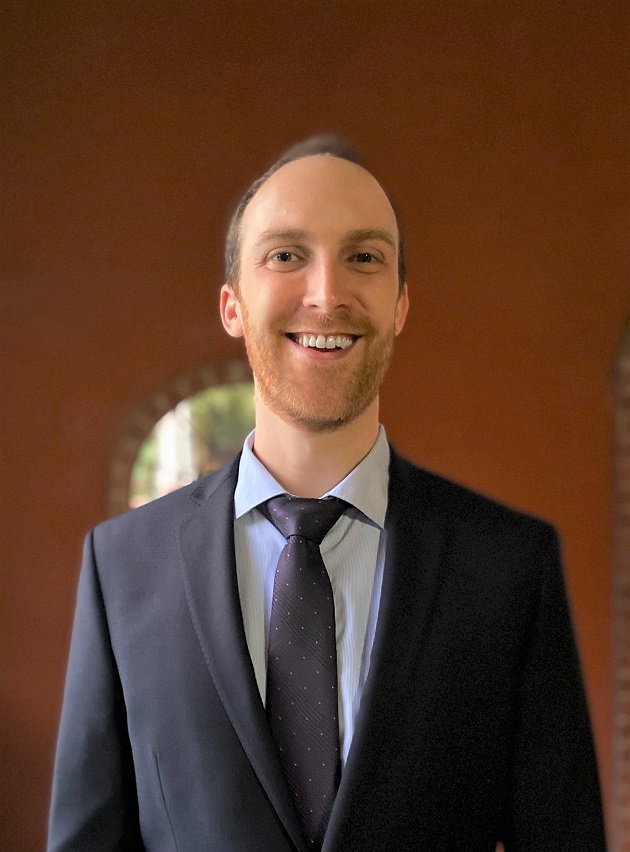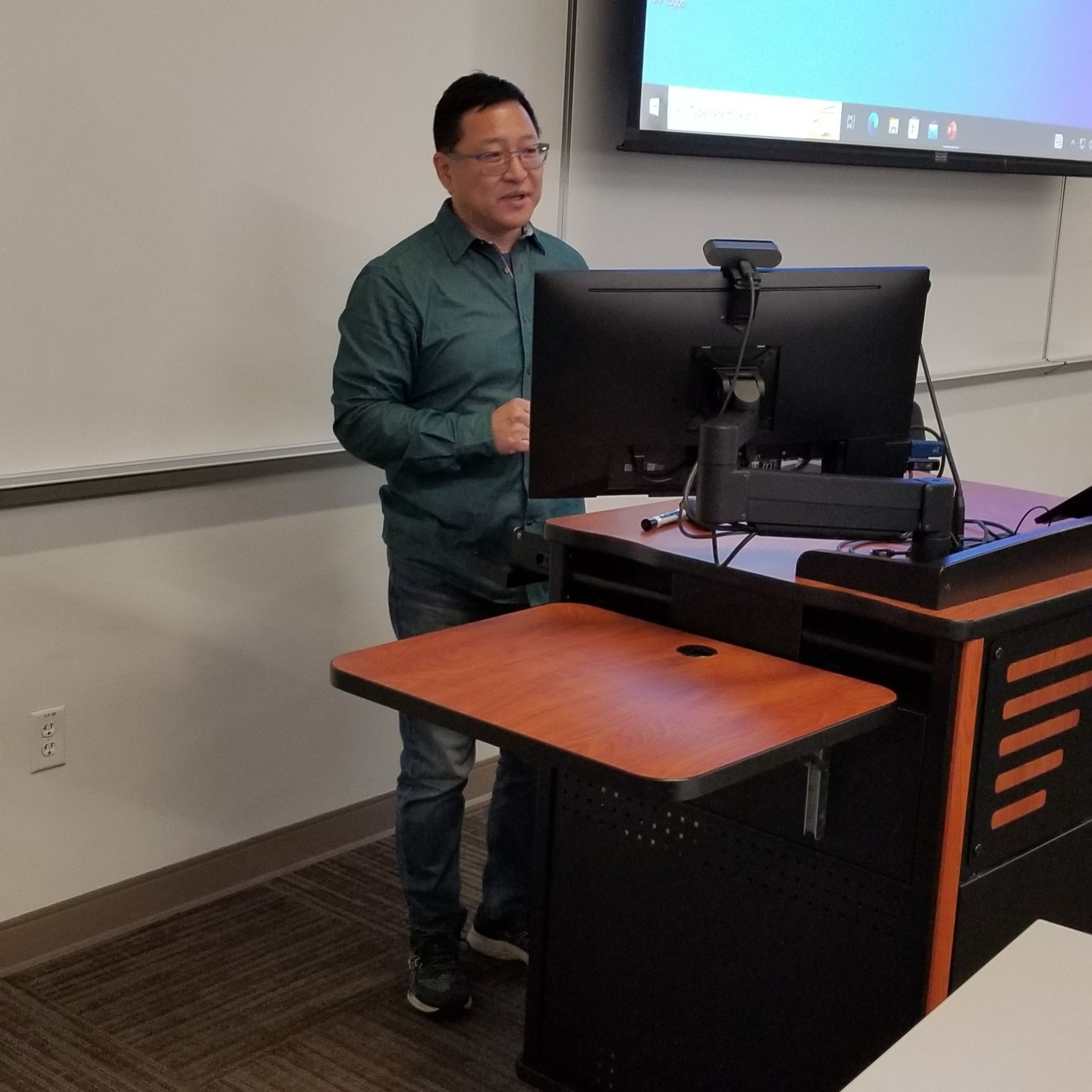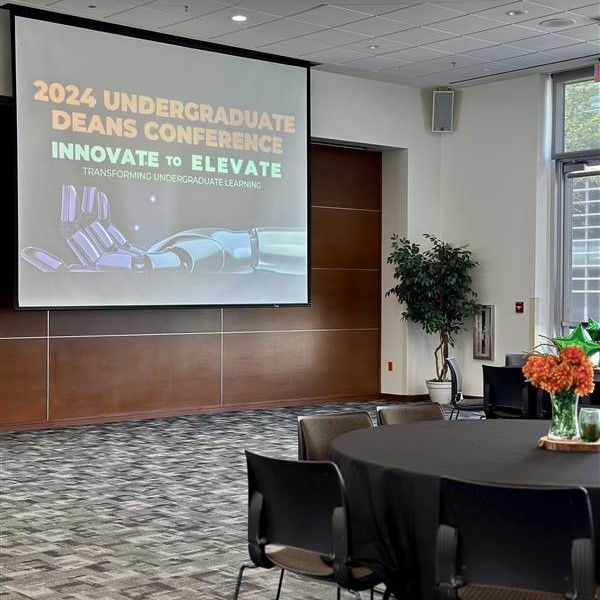A study conducted by a research team that includes a Naveen Jindal School of Management faculty member and an alumnus from The University of Texas at Dallas offers hope to people who fear that society has become too politically polarized.

The paper — “Is the Partisan Divide Real? Polarization in Preferences for Redistribution” — was published in the American Economic Association’s Papers and Proceedings journal in May 2022. It was co-authored by Dr. Alejandro Zentner, associate professor of finance and managerial economics at the Jindal School; Dr. Brad Nathan, PhD’22, MS’20, who earned a PhD in Management Science with a concentration in accounting from the Jindal School and a master’s in economics from the School of Economic, Political and Policy Sciences at UT Dallas; and Dr. Ricardo Perez-Truglia, an associate professor at UC Berkeley’s Hass School of Business.

The team conducted field experiments using property tax appeals filed in Dallas County as well as conducted surveys nationally. Using both the administrative and survey data they sought to find whether there is a difference between stated and revealed preferences when it comes to economic redistribution. In other words, when it comes to paying higher taxes, is there a difference between what Democrats and Republicans say they prefer to do in the abstract and what they actually do when their own money is involved?

The study revealed that, when it comes to paying property taxes, the answer is much more nuanced between the two groups than political conventional wisdom might have people believe. In property-tax protests, Democrats are nearly as likely as Republicans to state that their share of taxes is too high.
The study concludes that the degree of political polarization is often exaggerated in some survey questions, either because the questions are too vague, or their wording (using phrasing like “Washington” or “the government should not concern itself”) provides respondents with partisan cues. When it comes to the broad effects of tax policies, like their overall effect on the economy, then polarization increases. When questions get specific, then the partisan gap narrows.
“One thing that we like, which gives us an optimistic view, is that we are not completely enemies with someone on the other side,” Zentner said. “Perhaps there is a lot more like middle ground or things like we actually agree on. We are only scratching the surface with this study, but that’s the message.”
Zentner said the team’s latest published paper is the latest in a larger, ongoing study. A previous paper described the motivations and methodologies of property tax protests.






